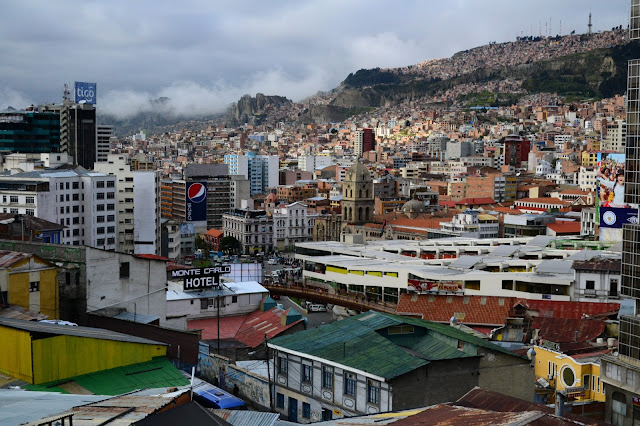After a
number of days of being ill, with Jen and Matt hovering over me like concerned parents – I landed in Cuzco and signed up to complete the Salkantay hike which
would lead me to the famous inca village; Macchu Picchu. On our first day we
started off and hiked for about 8 hours to a beautiful valley near the
Salkantay mountain. Our group consisted of 10 people from Switzerland, Sweden,
France, New Zealand, Peru, Spain and Germany. We couldn´t have had a better
group of people on one hike. We named ourselves team Awesome Virgens (longer
story), encouraged by our local Cuzconian guide, Nielton. Usually I´m not a fan of tours – but this one
was a riot. A fab group of people, in the mountains, good food and an epic
final destination… what more could I have wanted!?!?
The group
bonded quickly. Our second day was the most difficult. We hiked up to the
Salkantay mountain, a four hour climb…. And was it ever worth it. Nielton
taught us much about Inca traditions, which I really appreciated. He told us
about current issues that Peruvians are dealing with, with regards to coca and
alcohol. He informed us that much of the substance abuse stems from when the
Spanish came overseas to explore South America. It´s amazing how the
colonization and exploration of certain countries has had effects that last for
generations.
This thought triggered another area
that I´ve been paying close attention to; which is how much our Western world is
affecting South America. While in Bolivia, I really appreciated that the people
had a different way of doing things. I didn´t think of it as poverty. This
changed as I entered into bigger cities and realized that in some areas, yes,
the people can live traditionally. Unfortunately I came to the realization that
they are surviving, but everything is getting expensive as countries try to
compete with North America and try create a similar economy. Not everyone has equal
access to health care, there aren´t any social programs to support children or
the elderly, and many more issues.
These countries are trying to keep up with North America, but it
seems they are quickly leaving many of their people behind. It´s amazing to be
in a remote community with mud houses and no cars, yet there are advertisements
of people drinking coke and wearing modern clothing in many of the Tiendas.
These are only things I´m observing and I need to continue to inform myself and
hope to study how the idea of the western world is affecting developing
countries.
Nielton
taught us a traditional way of thanking the mountains for providing for us. We
carried on and finished our second day after about 9 hours.
The next
two days were pretty breezy. We enjoyed hot springs and ended up in Aguas
Calientes in order to hike up the 1790 something stairs to Macchu Picchu on our
fifth day. Macchu Picchu was quite the wonder. Nestled high in the mountains,
the Incas created a community with a wealth of knowledge surrounding for
agriculture, architecture and spirituality.
On our way, first day.
The valley where we camped.
Trekking buddy.
My buddies, mouths full of coca!
The Salkantay Mountain
Taking a break with the team.
In the pass!
Hot springs on our third day.
Loving it.
Into the jungle with all the amazing flowers.
Far too many games of Asshole were played.
On the way to Agaus Calientes
Macchu Picchu!
The city was built high in the mountains.
Most of the day was cloudy but we got a few breaks.
So tired - on MachuPicchu mountain... only clouds!
Exhausted and sickly, but still playing Asshole. With the GUNS!

















































